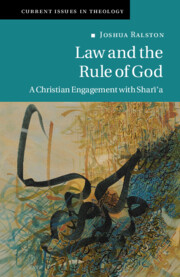Paul was a mystic. So claimed scholars from Adolf Deissmann to Albert Schweitzer. Others disagreed, figures no less significant than Rudolf Bultmann, Karl Barth and Ernst Käsemann. The pro-mystic group argued that Paul's theological message was best understood if set within the context of Hellenistic or Jewish mysticism. The anti-mystic group could not tolerate any similarity of that sort, which, in their opinion, would damage Paul's uniqueness. The disagreement among biblical scholars can be traced back to more general misgivings about mysticism in European thought. After surveying the reception history of Paul's mysticism, and relying on the ideological critique of religious studies, I argue that the discomfort with a ‘mystical’ Paul may be attributed to the construction of a rational Christian self, where the ‘mystical’ is othered altogether. In addition to a historical reading of Paul in the context of Jewish mysticism, it may be helpful to read him in comparison with Islamic mysticism. Hence some Pauline passages are compared with passages from Sufi literature.
